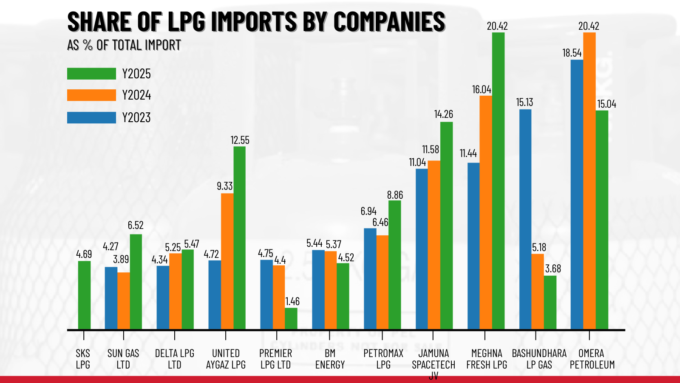The net foreign portfolio investment in Bangladesh has witnessed a significant downturn during the July-March period of the fiscal year 2023-24. This decline, attributed to a negative economic outlook, repeated devaluation of the local currency against the US dollar, and policy instability, has raised concerns among investors and regulators alike.
According to data from the Bangladesh Bank, the country’s net foreign portfolio investment stood at a negative $89 million during these nine months, compared to a negative $45 million in the same period the previous year. This downward trajectory has been observed since 2020 when foreign investors anticipated significant devaluation of the local currency.
The selling pressure observed prompted the Dhaka Stock Exchange (DSE) to halt the provision of data on foreign investments, following verbal instructions from the Bangladesh Securities and Exchange Commission (BSEC). Experts attribute the massive sell-off to currency instability and the imposition of the floor price mechanism.
Saiful Islam, president of the DSE Brokers Association of Bangladesh, highlighted that foreign investors incurred losses due to currency devaluation, prompting them to divest their shares. The ongoing foreign currency crunch in the country has further complicated matters, making it difficult for foreign investors to repatriate profits.
Additionally, the introduction of floor prices by the BSEC in 2020, aimed at stabilizing market indices, exacerbated the situation. While these measures were eventually lifted, their reintroduction amid the Russia-Ukraine conflict in mid-2022 further fueled concerns among investors.
Despite hopes for a reduction in selling pressure, given that a significant portion of their holdings has already been divested, the trend of net selling by foreign investors persists. This trend, observed since FY21, reflects a broader challenge in attracting foreign investment amidst policy uncertainties and economic volatility.
Furthermore, frequent policy changes, such as those experienced by major companies like Grameenphone and Titas Gas, have eroded investor confidence in the market. These incidents underscore the need for stability and predictability in regulatory frameworks to foster investor trust and promote sustainable growth in Bangladesh’s capital markets.
For more updates, follow Markedium.













































Leave a comment